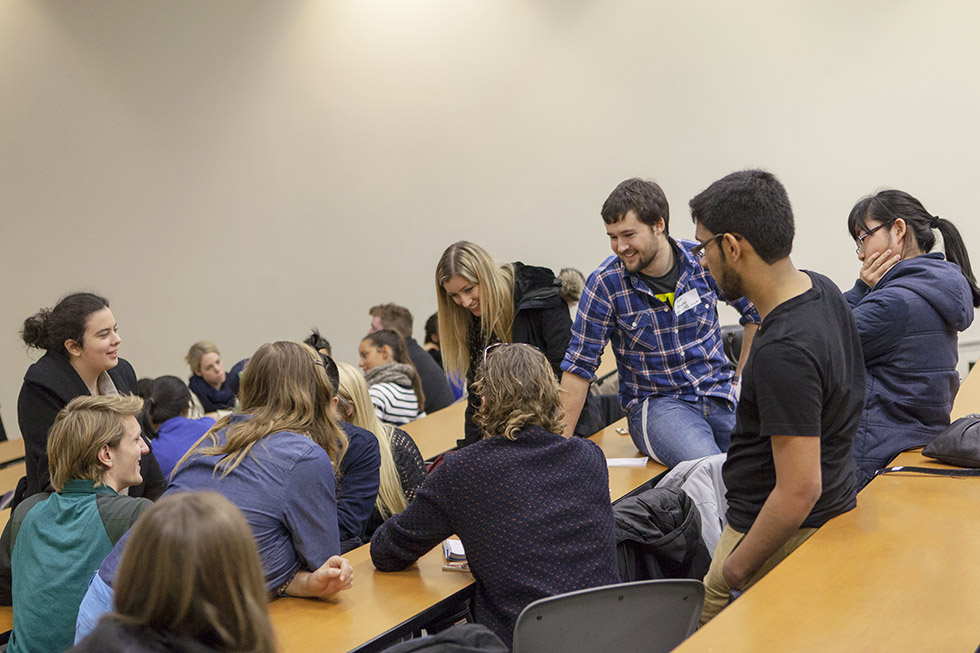RECONCIL 1A03: Reconciling What? Indigenous Relations in Canada

The Indigenous Studies Program is excited to announce a new course, “Reconciling What? Indigenous Relations in Canada” open to all members of the McMaster community, available in Winter 2019.
RECONCIL 1A03: Reconciling What? Indigenous Relations in Canada
3 unit(s)
An examination of sociopolitical and historical relations between Indigenous peoples and Canada in a post-1951 time period. We will study how colonialism, assimilation and social movements are situated in an era of reconciliation. Indigenous ways of knowing, the Indian Residential School system, Aboriginal policy, contemporary issues, and forms of resistance will be explored.
In 2008, the Truth and Reconciliation Commission (TRC) of Canada was established with a mandate to facilitate truth telling and foster reconciliation given the legacy of the Indian Residential School system. One of the objectives of the TRC was to increase public awareness about the Indian Residential School system and its impacts. Further, the Commission recommended that Indigenous content be offered at the postsecondary level to learners across multiple fields to sustain a momentum of reconciliation into the future.
McMaster University sits on the traditional territories of the Mississauga and Haudenosaunee nations, and within the lands protected by the Dish With One Spoon wampum agreement. Within these lands, also stands the Mohawk Institute. In 1831, the federal government opened the first, and longest-running residential school in Canada, not 30 minutes from our campus.
The Indian Residential School system operated for 150 years in Canada. In 1920, former Superintendent of Indian Affairs, Duncan Campbell Scott stated: “Our object is to continue until there is not a single Indian in Canada that has not been absorbed into the body politic, and there is no Indian question…” As the last residential school was closed in only 1996, it is clear that its legacy is in our present and will continue into the future. In responding to this legacy, an important question for university citizens to consider is: what is in need of reconciling?
Through the important work accomplished by the TRC, a discourse of reconciliation has emerged in Canada. In 2017, Canada announced ten principles respecting the Government of Canada’s relationship with Indigenous peoples. These principles represent interests such as land, treaties, self-government, rights, resources, and economic development to name a few. Indigenous peoples have also identified similar areas of interests and also highlight such things as: the need for language revitalization, the need to address systemic inequities, and the importance of traditional governance systems. So, what does reconciliation look like given the legacy of these relations? What can reconciliation become in the presence of these relations?
This course will examine these and other important and complex societal questions beginning in Winter 2019 in the course: RECONCIL 1A03: Reconciling What? Indigenous Relations in Canada.
I encourage you to enrol in this course and all learners are welcome. The course will provide a rich opportunity to both increase your understanding about this shared legacy, and to consider your impact as a university citizen. RECONCIL 1A03 can also be selected as a Personal Interest Course.
The Indigenous Studies Program is celebrating its 25th year at McMaster and has a strong commitment to examining the rich and complex systems of Indigenous ways of knowing, as well as celebrating resistance and resilience within Indigenous communities. To learn more about RECONCIL 1A03, click here.


